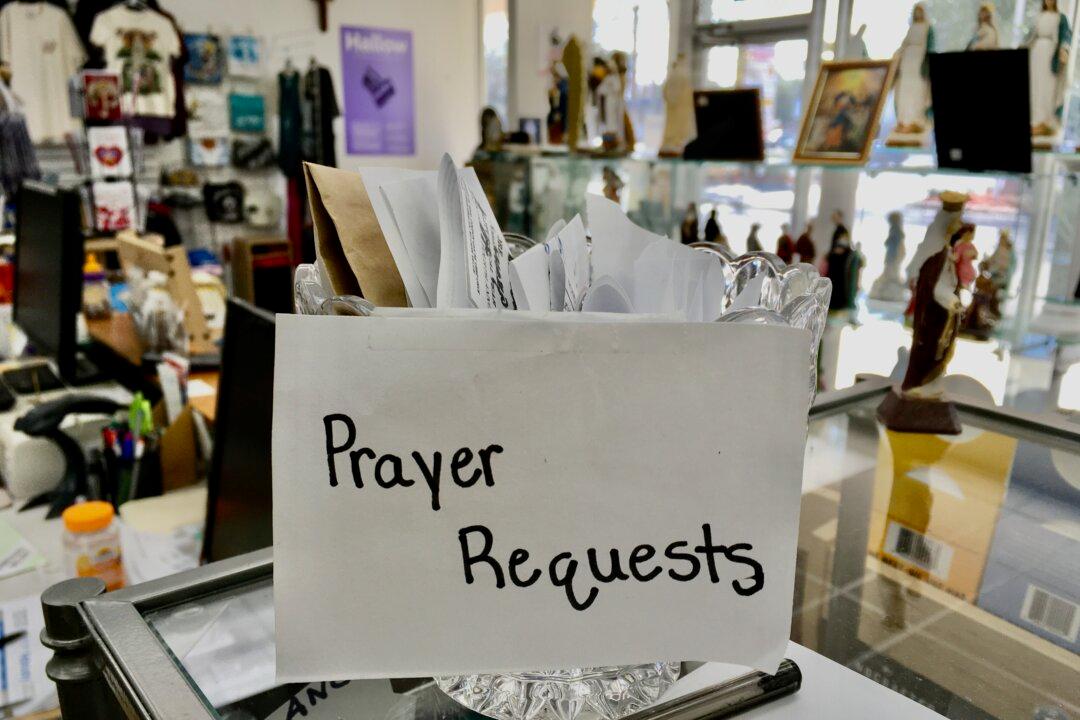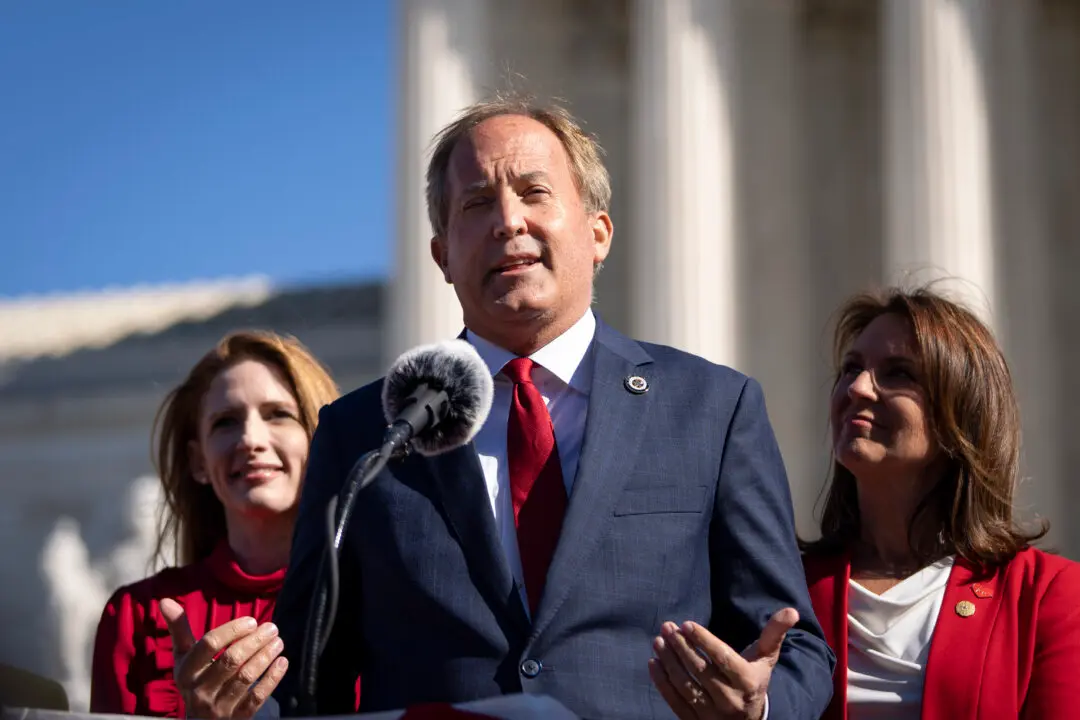A Catholic bookstore in North Florida has settled a federal lawsuit with the City of Jacksonville over legislation suggesting businesses must use preferred pronouns in order to provide a “welcoming” environment.
Under Jacksonville’s human rights ordinance (HRO), failing to use requested pronouns could be deemed as discrimination against people who identify as nonbinary, gender-fluid, or transgender.





